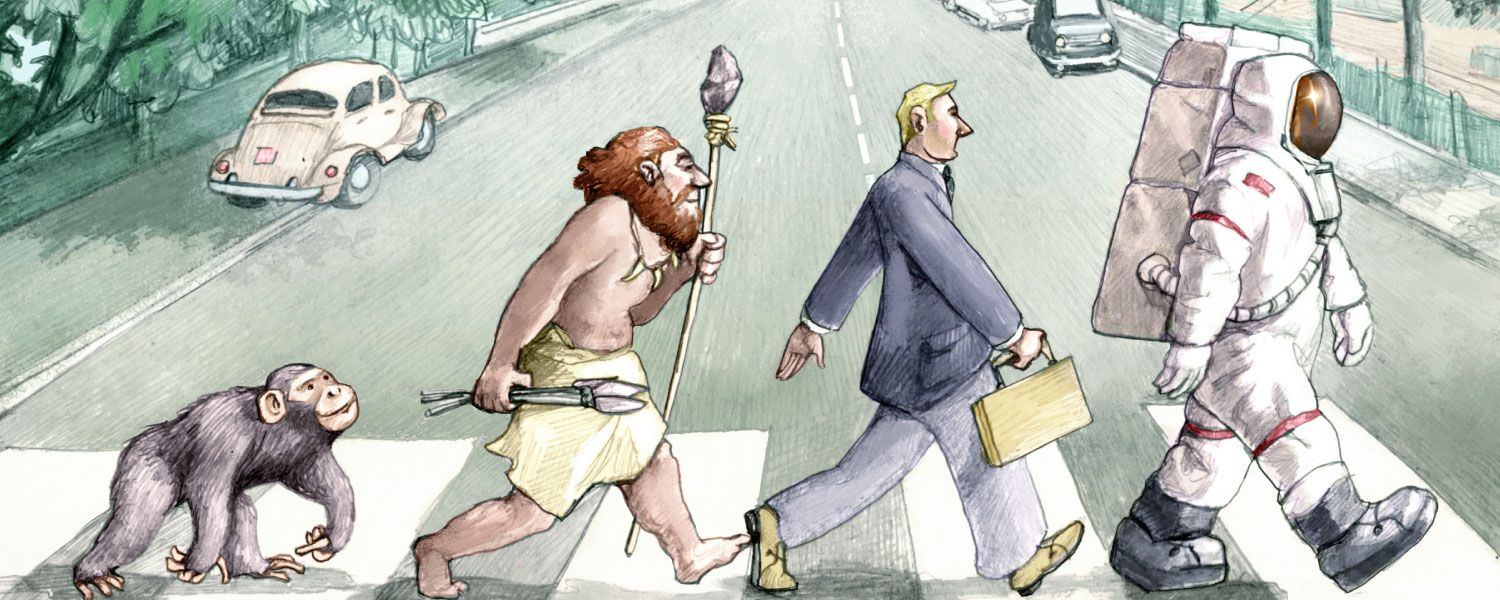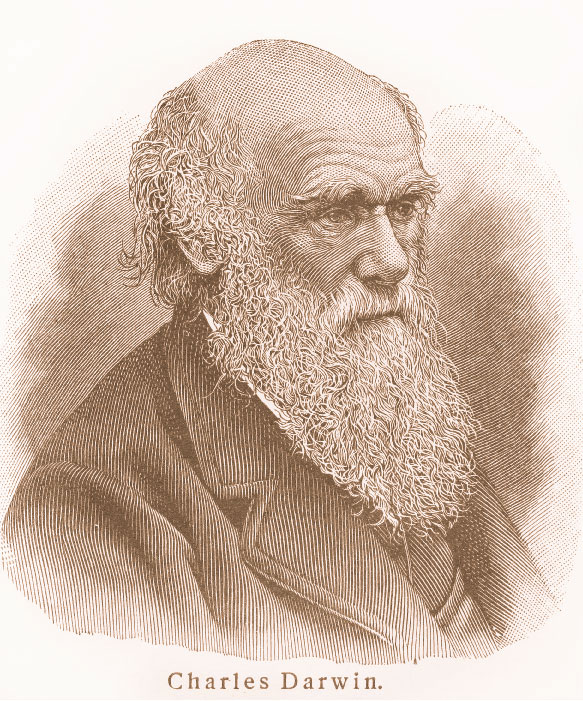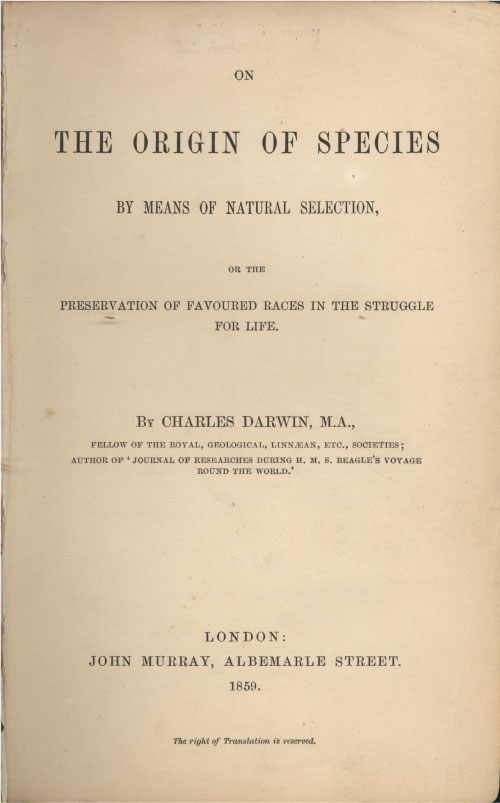
Darwin on decision-making: 2 techniques that will help your skills evolve


Charles Darwin is widely considered one of the greatest thinkers and scientists of all time. In addition to being an astute observer and collector of facts and specimens, he had a curious mind, was a gifted writer, and perhaps most important of all, was a patient thinker.
Almost unprecedented in the history of science, a full 20 years passed between when he formed his initial theory of natural selection in 1839 and the publication of On the Origin of Species in 1859. (This fall marks the 165th anniversary of the publication.)
During this long period, Darwin was refining his thinking and continuing his research by gathering facts and engaging in challenging discussions with other naturalists. Today we might say that Darwin was using this interval to stress-test his theory.
1. Do a stress-test
The stress-testing technique is one of the skills we do a deep dive on in Decision Mojo, a learning laboratory for increasing decision-making skills. In short, we encourage stress-testing your preferred option before you make a major decision. Smart ways to stress-test your decision include considering non-obvious risks, questioning hidden assumptions, inviting others to challenge your thinking, and being open to counterintuitive possibilities.
Although stress-testing a potential decision sounds easy in theory, most of us find it difficult to do in practice, especially when we already have a plausibly good decision in mind. One of the things that makes the stress-testing so challenging is that we are always battling a very powerful cognitive trap: Confirmation bias. This is the tendency to seek out privileged information that confirms your pre-existing beliefs while ignoring or dismissing contradictory evidence.
Darwin, however, developed a technique to overcome confirmation bias. He describes it in his autobiography:
I had, also, during many years followed a golden rule, namely, that whenever a published fact, a new observation or thought came across me, which was opposed to my general [thinking], to make a memorandum of it without fail and at once; for I had found by experience that such facts and thoughts were far more apt to escape from the memory than favourable ones. Owing to this habit, very few objections were raised against my views which I had not at least noticed and attempted to answer.
Darwin’s “golden rule” allowed him to push back against confirmation bias and maintain intellectual integrity during the long period of research. The practice of writing down contradictory facts and observations is a powerful way to keep ourselves honest during the decision process.
2. Write it down
Darwin’s habit fits well with another technique we explore in Decision Mojo, keeping a decision journal. We encourage decision-makers to write down various elements of their decision -- including assumptions, key facts, estimated probabilities, options considered, risk factors, predictions about outcomes, etc. And of course, it is critical to capture the information and predictions that support arguments against the decision we intend to make, not just those that confirm it. It was, in fact, the journal Darwin kept during his famous 5-year voyage on the HMS Beagle that formed the foundation of his theory of evolution.
Keeping a journal also keeps us honest about what we actually know and don’t know when we are making a decision, and it helps us avoid another powerful trap: Hindsight bias. This is where in hindsight we think past events were more predictable than they actually were. Once you have committed to paper your predictions about the outcomes of a decision, it is harder to fool yourself that you “knew all along” what the outcome would be when the outcome is different than what you predicted. Otherwise, it is easy to think we know more than we do (the Overconfidence Trap), and we fail to learn from our decisions or improve our decision-making skills.
Few of us will get to publish a book that is considered one of the most influential books in history or has such a profound impact on science, philosophy, and religion as Darwin's On the Origin of the Species did, but all of us can learn from the brilliance of Darwin to improve our decision-making.
Source: The Autobiography of Charles Darwin, public domain, published 1887.
